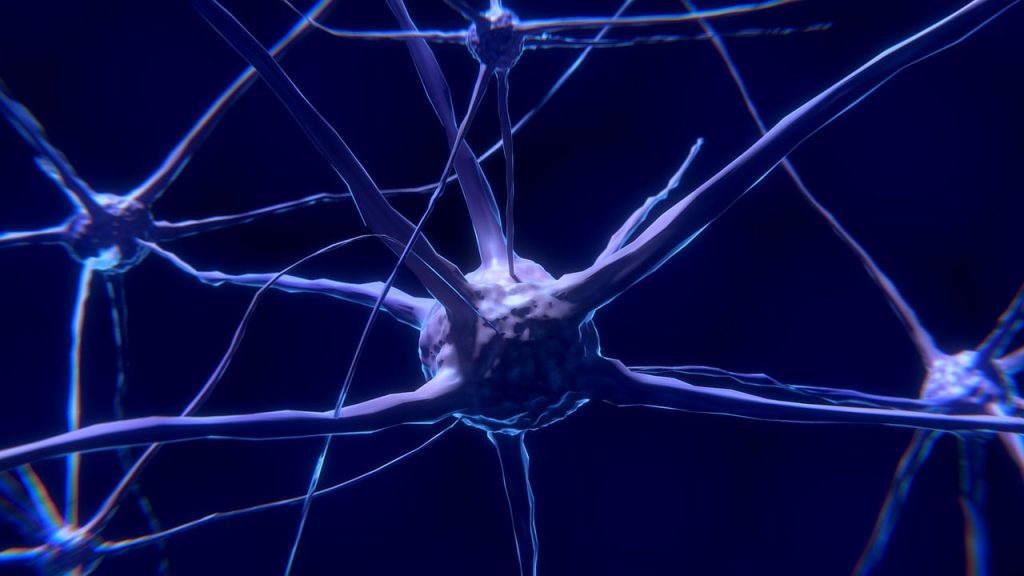
In a society where most of us have become aware of diversity and inclusivity, there is an important and pivotal aspect in which we often overlook. That aspect being neurodivergence. Commonly associated with conditions by the likes of ADHD, Dyslexia, and Autism Spectrum Disorder, neurodivergence represents a vast spectrum of cognitive differences. However, societal perceptions and expectations of individuals with neurodivergence often miss the mark. Often confined to stereotypical perceptions and misconceptions, particularly within UK universities, the reception and understanding of neurodivergence are crucial yet complex matters.
Misconceptions and Realities
Often the oversimplification of the term ‘neurodivergence’ ignores the vast diversity within the neurodivergent community. Neurodivergence is mistakenly assumed to be a singular experience characterised by certain types of behaviour or challenges. The term was indeed coined by an autistic sociologist, however, since then the movement has expanded. Neurodiversity within itself is the diversity of all brains and all minds: The misconception of what it means to be neurodivergent often leads to a once size fits all approach in educational environments which then means establishments fail to recognise the unique needs as well as strengths of neurodivergent individuals.
Diverse Experiences
Each neurodivergent individual will experience the world in a unique way. For instance, some autistic individuals may have out ‘of-the-ordinary’ abilities such as mathematics or music. While other on the other hand, may excel better in pattern recognition or cognitive memory. Consequently, individuals with ADHD, will most likely be associated with creative skills or the ability to hyper focus. As you can see, the world of neurodivergence is diverse and should not be confined to specific characteristics. It is also important to note that not all forms of neurodivergence are overt. Some individuals are covertly neurodivergent meaning that they possess neurodivergent characteristics, however, these characteristics can be masked by average day-to-day functioning.
Neurodivergence in University
The reception of neurodivergent students within the UK is often a reflection of broader societal issues. That is not to take away from the fact that there has been advancements in recognising, as well as accommodating neurodivergent students. However, some of the challenges still remain. There is a common misconception that neurodivergent individuals are unable to succeed in educational environments. For example, it is assumed that they may encounter difficulty in concentrating or adapting to change. However, the truth is that many will succeed in an educational environment as they will often be more creative and innovative, therefore, leading to an increase in productivity levels. Contrary to common misconceptions, neurodivergent students will bring a unique perspective and set of strengths to the academic community. Recognising and nurturing these strengths are key to fostering a more acceptant community. Supporting and understanding neurodivergents requires straying away from stereotypes. It involves creating an inclusive environment which knows how to cater to each individuals learning style. One of the key challenges faced by these types of students is the lack of flexibility in teaching and within assessment methods. Traditional lecture formats and time constrained exams may not always cater to their needs thus it is important to adapt policies and practices that recognise that the diversity of neurodivergents are essential. We should aim as an establishment to cater to both covert and overt neurodivergents. We should celebrate neurodivergency as a valuable aspect of the university community.

Moving Towards Inclusion
Creating a more inclusive environment is not necessarily easy, it requires a shift in perspective. It is not just about providing support, it is also about appreciating the diverse ways people think and learn. This approach should not just be applied to neurodivergent individuals, however, all students too. The University of Westminster, as we know, are great at creating and nurturing an environment in which we all feel comfortable and equal amongst each other.
Understanding neurodivergence within the context of educational institutions is about valuing and recognising the diverse ways of thinking and learning that these individual students bring to the academic community.
